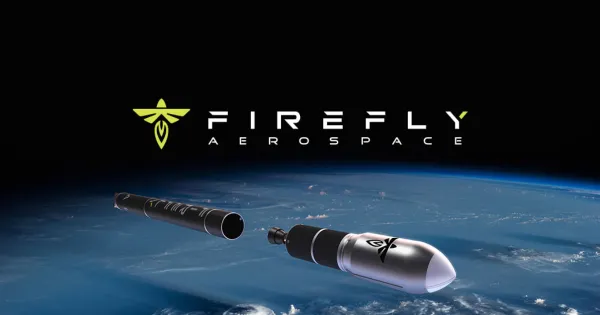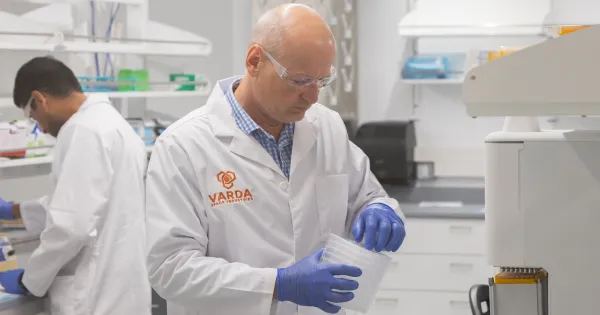10 Ways AI Makes Farming Easier

Artificial Intelligence (AI) is revolutionizing agriculture by enhancing efficiency, reducing costs, and promoting sustainability.
Here are 10 ways AI is transforming farming:
- Precision Agriculture: AI analyzes data from sensors and satellites to provide insights on soil health, crop conditions, and weather patterns, enabling farmers to make informed decisions.
- Automated Machinery: AI-powered robots perform tasks like planting, weeding, and harvesting, reducing labor costs and increasing productivity.
- Predictive Analytics: AI models forecast crop yields and disease outbreaks, allowing proactive measures to protect crops and optimize production.
- Smart Irrigation Systems: AI monitors soil moisture levels and weather forecasts to optimize water usage, conserving resources and improving crop health.
- Supply Chain Optimization: AI streamlines logistics by predicting demand and optimizing routes, reducing waste and ensuring timely delivery of produce.
- Livestock Monitoring: AI tracks animal health and behavior, detecting illnesses early and improving overall herd management.
- Crop Monitoring: AI-powered drones and sensors detect pests and diseases early, enabling targeted interventions and reducing pesticide use.
- Market Analysis: AI analyzes market trends and consumer preferences, helping farmers make informed decisions about crop selection and pricing.
- Resource Management: AI optimizes the use of fertilizers and pesticides, reducing environmental impact and lowering costs.
- Climate Adaptation: AI models assess climate change impacts, assisting farmers in adapting practices to changing environmental conditions.
By integrating AI technologies, farmers can enhance productivity, sustainability, and profitability in modern agriculture.





